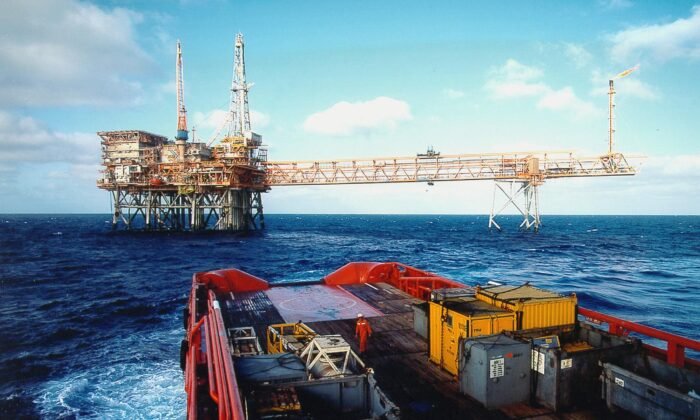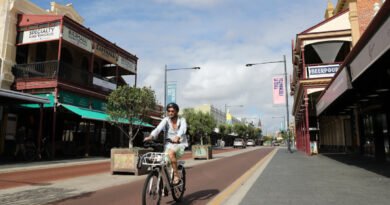Investigation into Energy Corporations’ Commitment to Indigenous Cultural Heritage
Oil producers are worried that new consultation requirements could hinder the approval of offshore oil projects.
Major Australian petroleum producers are facing pressure regarding the adequacy of consultation with Indigenous groups for new offshore oil projects.
The country’s Senate is examining a bill that would impose stricter requirements on energy companies to consider Indigenous cultural heritage.
This consent must align with the United Nations Declaration on the Rights of Indigenous Peoples (UNDRIP).
It’s important to note that the bill encompasses various cultural heritage aspects that could impact oil projects, such as underwater, tangible, and intangible heritage.
Woodside Weathers Indigenous MPs’ Scrutiny
During an inquiry on Aug. 26, representatives from Australia’s Woodside and Santos faced questioning about their engagement with traditional owners.
Greens Senator Dorinda Cox questioned why she hadn’t seen Woodside sending delegations or holding workshops during one of its projects.
Sharon Reynolds, the head of First Nations and Human Rights at Woodside, informed the Committee that her company did engage with the community.
“We had five team members attend this year,” she stated. “Though we don’t set up stalls there, we are actively involved and have been attending that forum for several years now.”

A Woodside logo is seen in Perth, Western Australia, on March 16, 2024. Susan Mortimer/The Epoch Times
Independent Senator Lidia Thorpe then asked if Woodside had informed the Indigenous community in Murujuga about the pollution damage caused by its gas project to the rock art in the region.
In response, Woodside Executive Vice-President Tony Cudmore stated that there was no conclusive scientific evidence of the impact of Woodside’s gas operations on the art.
Reynolds also mentioned that Woodside had shared its research findings with the Murajuga Rock Art Monitoring Program, managed by the Western Australian government and the Murujuga Aboriginal Corporation.
Thorpe Alleges Bribery
At the same time, Thorpe raised allegations that Australian Energy Producers (AEP) and Santos had paid members of the Northern Land Council, representing Indigenous people in the Northern Territory, to travel to the Tiwi Islands to advocate for an oil project.
AEP General Manager Victor Violante refuted the claim, calling it incorrect.
Meanwhile, Santos Group General Counsel and Executive Vice-President Michael Abbott clarified that his company had not paid council members for their consent.
“From Santos’ perspective, we do provide appearance fees for attendees at consultations to compensate them, whether on the Tiwi Islands or elsewhere,” he explained.
“I am not aware of Santos paying individuals to travel to the Tiwi Islands, except for consultants and advisors engaged in a professional capacity.
“They are paid for their services but not for their consent; they receive standard fees for attending consultation sessions.”
Concerns About the Bill
While Woodside supports the notion of enhanced consultation requirements, it has reservations about the bill’s impact.
Vice-President Cudmore expressed concerns that the bill’s proposal to broaden the definitions of “traditional owners” and “knowledge holders” was too broad and inconsistent with UNDRIP principles.
“It is crucial, in our view, to ensure that consultations respect and focus on the collective cultural authority of recognized institutions representing traditional owners,” he remarked.
Additionally, the vice president fears that the legislation could complicate the approval of oil projects.
“We should note that the bill could hinder the acceptance of an offshore project proposal or an environmental plan if an activity, or part of an activity, is conducted in an area near underwater cultural heritage, regardless of the potential impact on this heritage.”
On the other hand, Josie Alec from the Australian Conservation Foundation emphasized the bill’s significance to the Indigenous community.
“It would empower the people, hold them accountable for their actions, make the government accountable,” she stated.
Alec also highlighted that the bill would facilitate Aboriginals in sharing their stories and being understood.





